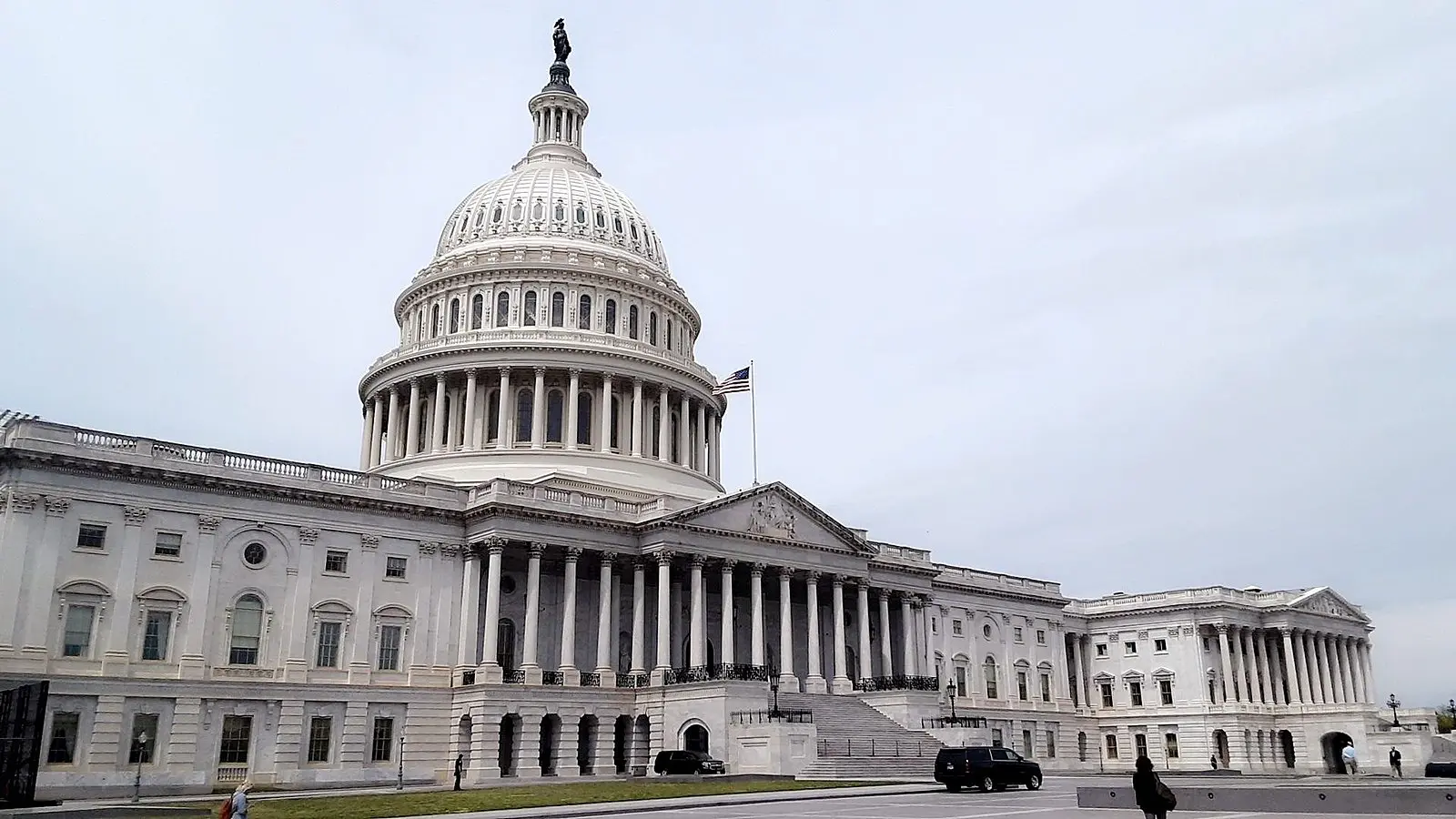It was reported that the US Senate may vote as early as Wednesday on a bill that would block arms sales to Israel, charging that Israel is blocking critical supplies reaching Palestinian civilians in Gaza. Sen. Bernie Sanders, an independent who often votes with Democrats, introduced the “resolutions of disapproval,” which have long prospects of passing in the Senate, considering that both sides widely support Israel. Those activists are optimistic that this shift will force the Israeli administration and the Joe Biden administration to take action regarding human aid critically.
Background: Humanitarian Crisis in Gaza
Gaza contains 2.3 million inhabitants living in the worst humanitarian crisis as most of them have been left without homes, and starvation has raised the alarming specter of famine. More than 43,900 Palestinians have been killed in the continuing 13-month Israeli military campaign, Gaza health officials report; Israel labels it a reaction to the attack of the Hamas-led militants, who killed 1,200 Israelis and took more than 250 hostages at the latter’s inception in October 2023.
Critics, including Senator Sanders, accuse this of being funded by the U.S. “This war has been conducted almost entirely with American weapons and $18 billion in U.S. taxpayer dollars,” Sanders recently said in condemning the use of U.S.-supplied 2,000-pound bombs on densely populated areas. He called those actions “immoral and illegal” and said they were mainly killing civilians.
Joe Biden has been an Israel advocate since the October 2023 events. However, his administration had voiced its discomfort with the blockade of the access road for the humanitarian aid allowed into Gaza by Israel. It warned as of October 2024, it would have only 30 days to produce improvements or face potential overtures from repercussions against U.S. military aid. On November 12, the government issued a statement stating that Israel has progressed enough and no longer blocks flows of aid. However, most humanitarian groups are critical, which means, in many ways, that assistance still needs to reach its target audience.
It states that Israel has been making humanitarian efforts and that the United Nations’ distribution process presents a logistical problem for its effective delivery.(More)
Significant Proposers and Senators’s Obstacles
Democratic Senators Chris Van Hollen and Elizabeth Warren have publicly stated their support for resolutions of disapproval because fellow advocate Sanders continues to call for increased United States actions in the war; today, under the law of the land, Congress can nullify significant weapons sales abroad with such resolutions. No resolution has ever survived both houses of Congress and a veto from the president. However, Senate rules require a vote if the resolution is offered and impose the terms of probable contentious debate that might shoot down the administration’s proposal.
The Show Piece of a Fading Battle
Bipartisan support in Congress will probably nip the resolutions in the bud, but the act of submission does reflect increasing frustration on the part of some lawmakers over the conflict’s humanitarian impact. Even as an exercise in futile debate, the Senate vote will call attention to what the United States is spending on military aid abroad and assign someone to report on what it is doing.
The vote is the latest in a long line of symbolisms of the intricate play in Washington between choosing between strategic alliances and humanitarian and ethical concerns; it is sharply punctuated with the ongoing disagreement over U.S. support for Israel and its implications for civilians in Gaza.















